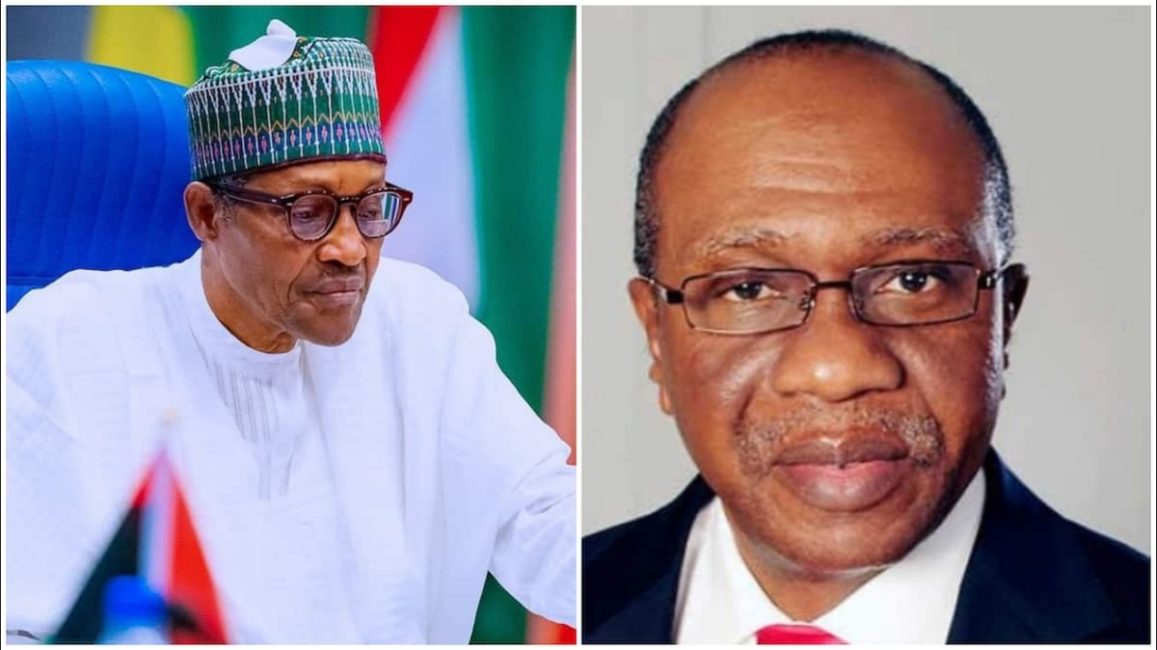FG’s N22trn Ways And Means Borrowing From CBN Forces Moody’s To Downgrade Nigeria’s Credit Worthiness To Very High Risk
Nigeria’s debt rating has been downgraded by United States-based Moody’s investors over the country’s revenue woes and excessive funding through the Central Banks’ ways and means.
Moody’s downgraded the Federal Government’s long-term foreign-currency and local-currency issuer ratings as well as its foreign currency senior unsecured debt ratings to Caa1 from B3.
Advertisement
When Moody’s rates debt obligation as Caa 1, it implies that such obligations are adjudged to be speculative of poor standing and are subject to very high credit risk.
But the rating agency changed the outlook to stable due to a change in the new administration after the February 25th presidential election.
Moody’s began the review process on 21 October 2022.
“Moody’s has also lowered Nigeria’s local currency (LC) and foreign currency (FC) country ceilings to B2 and Caa1 respectively, from B1 and B3 respectively.
Advertisement
“The review for downgrade focused on Nigeria’s fiscal and external position and the capacity of the government to address the ongoing deterioration – other than by alleviating the burden of its debt through any form of default, including debt exchanges or buy-backs,” Moody’s said in the report seen by THE WHISTLER.
Nigeria’s foreign and domestic debt ballooned to N44.06trn or $101.9bn by the end of September 2022.
The ways and means which is funding through the Central Bank of Nigeria rose to a controversial N22trn in contravention of the CBN Act.
Section 38 of the Act said, “The total amount of such advances outstanding shall not at any time exceed five per cent of the previous year’s actual revenue of the Federal Government.”
The government has said that before the exit of President Muhammadu Buhari’s administration in May 2023, the debt profile will hit a record N77trn.
Advertisement
The CBN is also liaising with the Debt Management Office to get approval from the National Assembly to securitise the ways and means for 40 years which also contravenes the Act establishing the CBN.
“The Bank may determine provided that no repayment shall take the form of a promissory note or such other promise to pay at a future date or securitization by way of issuance of treasury bills, bonds, certificates or other forms of security which is required to be underwritten by the Bank,” the Act provides.
According to Moody’s, Nigeria’s external liquidity profile will likely erode unless FG improves its access to external borrowing sources.
“This, in turn, will rely on the ability of the government to demonstrate a track record of delivering on fiscal reforms.
“Moody’s expectation that the government’s fiscal and debt position will continue to deteriorate is the main driver behind the rating downgrade.
“The government faces wide-ranging fiscal pressure while the capacity to respond remains constrained by Nigeria’s long-standing institutional weaknesses and social challenges.
Advertisement
“Ultimately, the risk that a negative feedback loop sets in over the next couple of years between higher government borrowing needs and rising interest rates has intensified, exacerbating the policy trade-off between servicing debt and financing other key spending items.
“The 2023 budget plans on an even larger fiscal deficit than in 2022, while the government’s funding options remain narrow and reliant on central bank financing.
“In addition, the government’s lack of access to external funding sources will add to the external pressure from depressed oil production and capital outflows, thereby eroding further Nigeria’s external profile over time. At this stage, immediate default risk is low, assuming no sudden, unexpected events such as another shock or shift in policy direction that would raise the default risk.”
.



